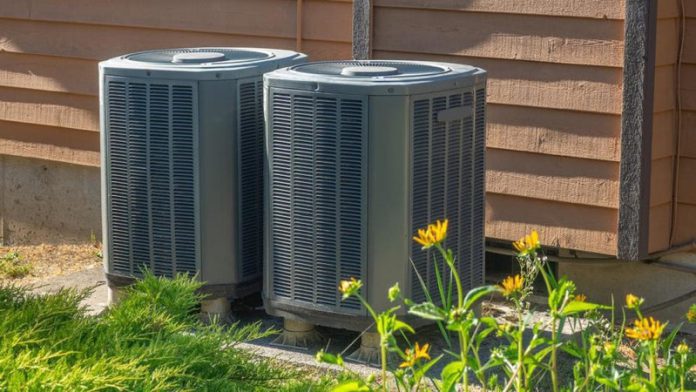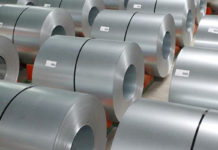You may already know that your HVAC system is probably one of the most expensive components you will buy for your home or business property, and it’s essential to get it right! Air conditioning and heating are essential, after all – according to Consumer Reports, over 75 percent of homes in the US use air conditioning, and a whopping 90 percent of newly-built properties feature centralized air conditioning systems! The system you choose must not just be efficient and enough to make your home or place of business a comfortable environment all year through – it has to be reliable and has a long lifespan. And choosing the proper one can be intimidating – what specs should you look for in the first place? We’ve made it easier for you, so here’s your essential guide to selecting the right HVAC system: the top factors to consider.
The types
HVAC systems refer to technology that lets you regulate the atmosphere of a home or building. HVAC stands for Heating, Ventilation, and Air Conditioning, and with a proper HVAC system, you can control the cooling and heating elements and have the ideal temperature in a room or space.
There are four kinds of HVAC systems; namely split, hybrid, ductless, and packaged. Your HVAC installer, such as experts in AC repair in Aurora IL, like McNally’s HVAC, recommends choosing the system suitable to your budget and needs. For instance, the split system is divided into a heating and a cooling system, which is the most common. The hybrid HVAC system is more advanced, and it has more efficiency with its hybrid heater. On the other hand, the ductless has an AC outdoors and a heat pump for both cooling and heating, while the packaged system offers both all in one unit and is commonly used in places without basements.
Top factors that should influence your choice
-
Efficiency
The systems used for HVAC have tremendously improved, and this is especially true today. The efficiency of such systems is shown by the rating they have, with the higher rating meaning the most efficient. There are several system ratings, the most prominent being the SEER (Seasonal Energy Efficiency Ratio), but there is also the AFUE, the EER, and the HSPF. For the rating on SEER, you should look for an efficiency rating of a minimum of 15.
-
Air quality and temperature
The comfort of your home or business property is of prime importance, so the various cooling and heating components should be assessed for how they will impact your energy consumption, the temperature indoors, and the air quality. Doing a bit of research goes a long way in determining these variables, and you can then decide which system works best at decreasing humidity.
-
The capacity
The system you choose should be able to effectively cool and heat the space, and in measuring the capacity, look at the British Thermal Unit (BTU). In general, the higher the British Thermal Unit, the bigger the capacity.
-
Your budget
Of course, you want to be able to get the least expensive option, provided it offers the most outstanding comfort. But while you consider this, think about other factors such as durability and energy efficiency.














